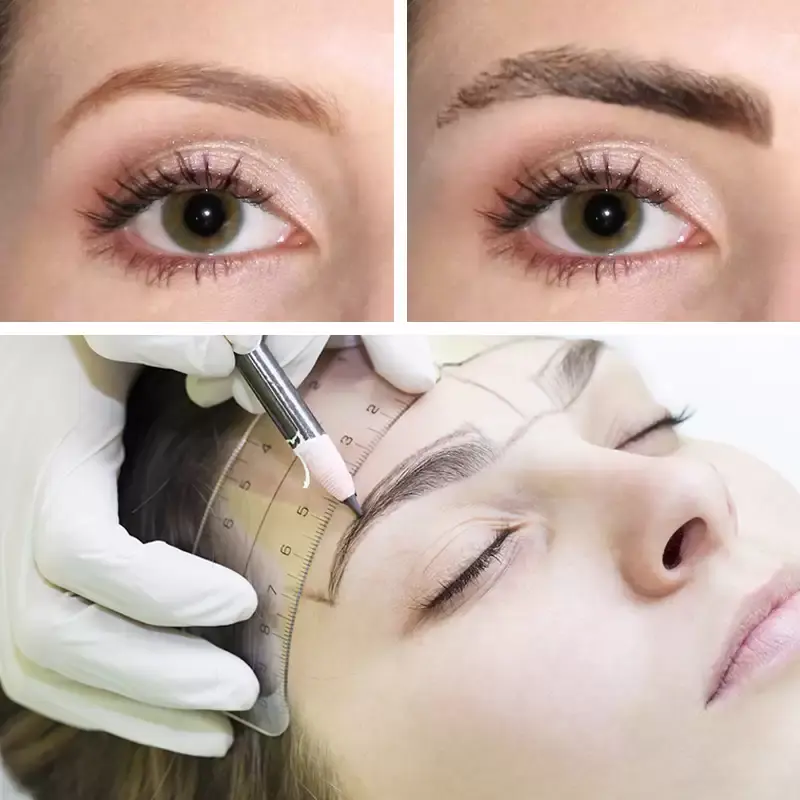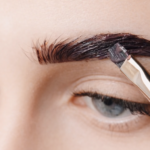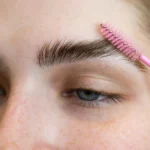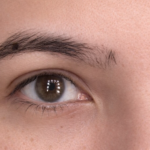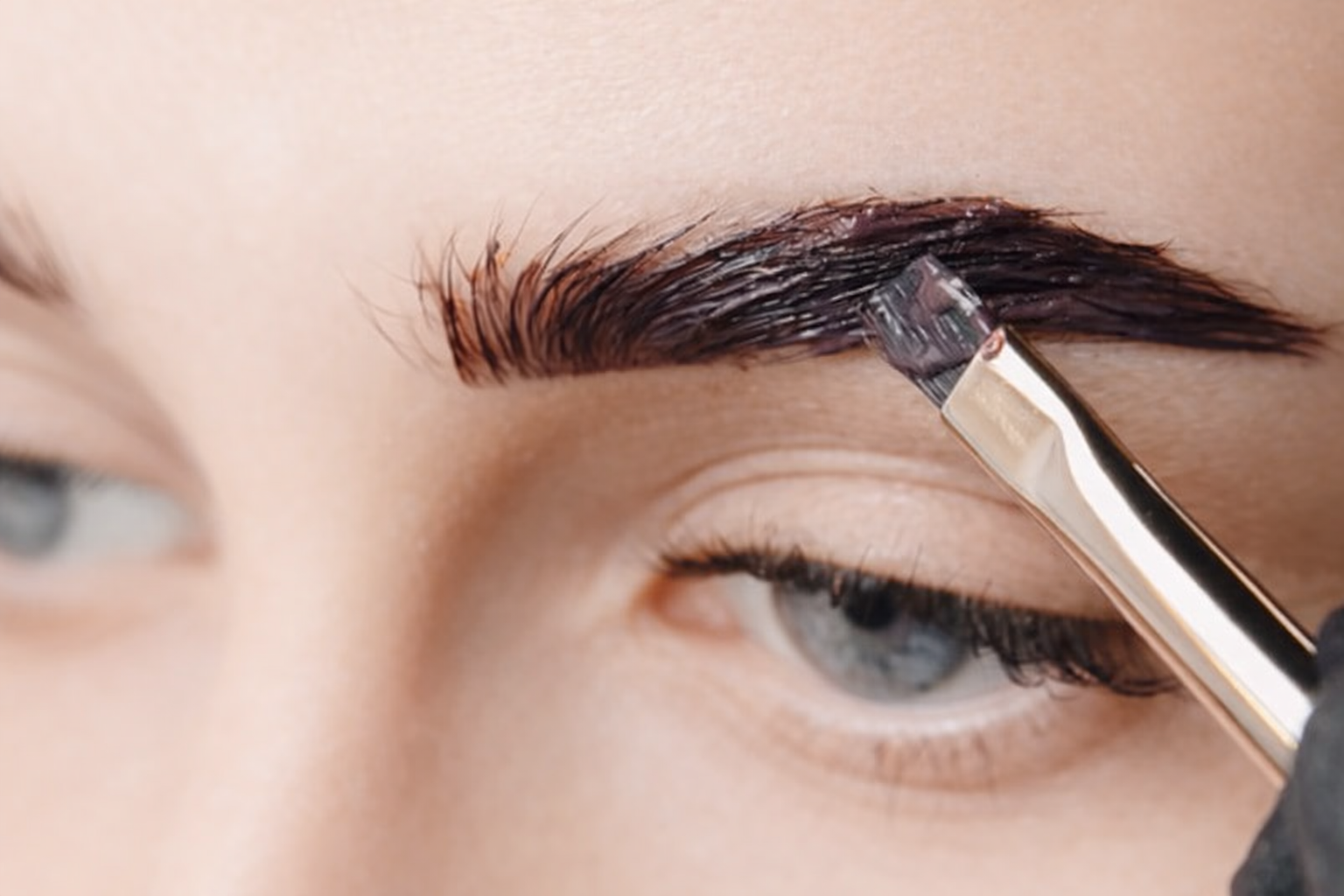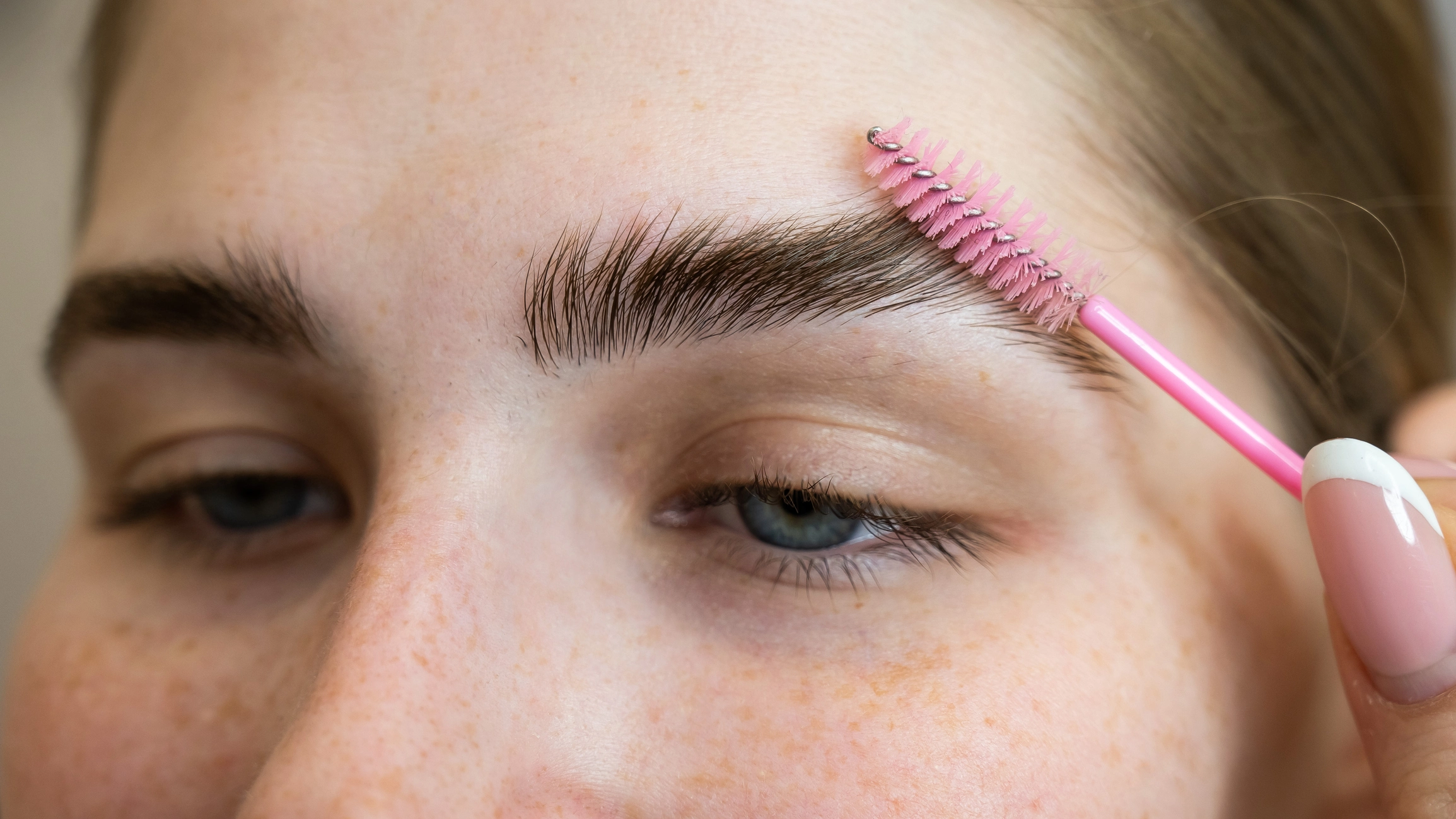Table of Contents
ToggleHair loss after surgery is a common concern for patients undergoing major surgeries. Many wonder, does anesthesia cause hair thinning or is hair falling out after surgery due to other factors? Understanding the connection between surgical procedures and post-surgery hair loss is vital for addressing these worries. The good news is that hair loss following surgery is often temporary and manageable.
Understanding Hair Loss After Surgery
Can General Anesthesia Cause Hair Loss?
Many patients ask, can anesthesia cause hair loss? General anesthesia itself does not directly harm hair follicles. However, it can lead to hair loss indirectly. During major surgeries, the body prioritizes blood flow to vital organs, which may reduce blood supply to the scalp.
This disruption in blood flow can place hair follicles in the telogen phase, a resting phase in the hair growth cycle. As a result, post-anesthesia hair loss may occur.
Surgery’s Effect on Hair Growth
Surgical hair loss often stems from stress and physical strain. Hair growth cycles consist of the anagen phase (growth phase), catagen phase (transitional phase), and telogen phase (resting phase). You might wonder, does anesthesia make your hair fall out? There’s no clinical evidence that anesthesia alone causes permanent hair loss.
But in some cases, certain anesthetic agents may disrupt the normal hair growth cycle. This disruption, combined with surgical stress, can lead to temporary shedding—especially if you’re already predisposed to hair thinning. Stress caused by major surgeries can interrupt this cycle, causing more hair to enter the telogen phase prematurely. This leads to noticeable hair shedding.
Stress-Induced Hair Loss (Telogen Effluvium)
One of the most common forms of hair shedding after surgery is telogen effluvium. This condition causes more hairs than usual to enter the resting (telogen) phase and eventually fall out, often several weeks post-op.
Telogen effluvium is the most common type of hair loss after surgery. When the body experiences stress from surgery, a significant number of hair follicles enter the telogen phase simultaneously.
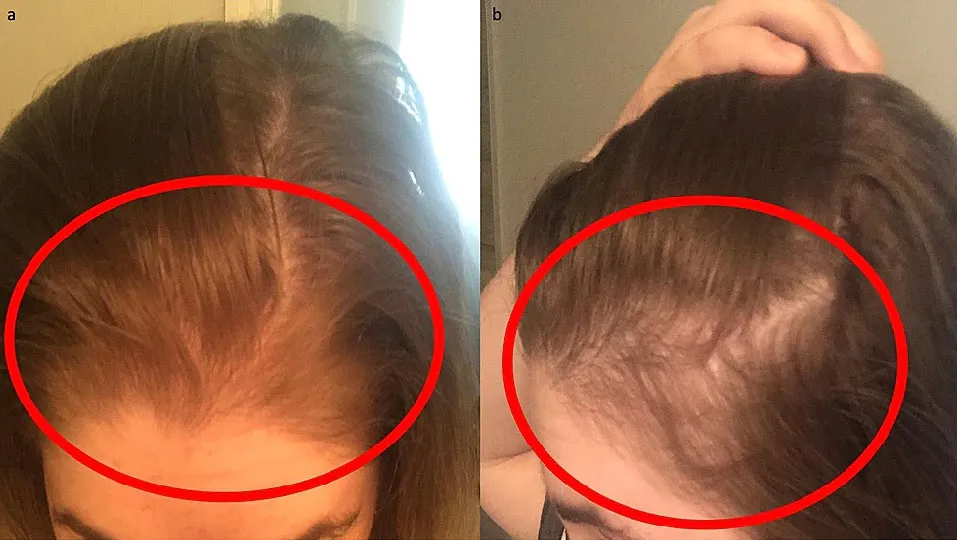
This results in excessive hair fall, typically noticeable a few months after the procedure. The good news is that this condition is temporary and hair sheds stop as the body recovers.
Common Causes of Post-Surgical Hair Loss
Stress and Hair Shedding
Stress is a primary factor in post-surgical hair loss. It impacts the body’s ability to maintain normal hair growth cycles, pushing many hairs into the resting phase prematurely.
This type of hair loss due to surgery is often seen after major surgeries that place physical and emotional strain on the patient.
Medications That Trigger Hair Loss
Certain medications prescribed after surgery can contribute to hair fall. Drugs that affect blood supply or alter hormonal balance may lead to hair loss. For example, certain blood pressure medications have been linked to shedding. Learn more about Losartan and hair loss.
Discussing potential side effects with a doctor can help patients prepare for or mitigate hair shedding.
Nutritional Deficiencies Post-Surgery
Post-surgical hair loss can also result from nutritional deficiencies. During recovery, the body requires adequate nutrients to heal and maintain normal functions, including hair growth.
Deficiencies in essential vitamins and minerals can lead to hair shedding and slower regrowth.
Don’t Forget to Explore Other Possible Causes of Hair Loss
-> Does Metformin Cause Hair Loss?
-> Does Mounjaro Cause Hair Loss?
-> Does adderall cause hair loss?
-> Can hair gel cause hair loss?
-> Does dandruff cause hair loss?
-> Does wearing a hat cause hair loss?
-> Does nicotine cause hair loss?
How Long Does Hair Loss Last After Surgery?
Timeline for Hair Regrowth Post-Surgery
Hair loss after surgery is typically temporary. Most patients notice hair regrowth within three to six months as hair follicles return to the anagen phase.
The timeline for recovery depends on factors like the type of surgery, overall health, and stress levels.
Is Hair Loss Permanent After Anesthesia?
Permanent hair loss from anesthesia is rare. In most cases, post-surgical hair loss resolves as the body recovers. Ensuring proper care and maintaining a healthy lifestyle can accelerate regrowth and prevent prolonged issues.
For patients planning a transplant later, learning about proper hairline design for hair transplant helps ensure natural results once growth resumes.
How to Stop Hair Loss After Anesthesia and Surgery?
Best Vitamins for Post-Surgical Hair Loss
Incorporating vitamins such as biotin, vitamin D, and iron can support hair regrowth. These nutrients play a critical role in strengthening hair follicles and promoting healthy hair cycles.
Natural Remedies to Restore Hair
Natural remedies like scalp massages and essential oils can improve blood flow to the scalp, stimulating hair growth. Staying hydrated and eating a balanced diet also supports recovery.
Tips for Reducing Hair Shedding
- Manage Stress: Use relaxation techniques like meditation, yoga, or deep breathing. These can help lower stress levels that may cause hair shedding.
- Avoid Harsh Hair Treatments: Do not use heat styling tools, chemical treatments, or tight hairstyles. These can weaken your hair and follicles.
- Use Gentle Shampoos: Opt for mild, sulfate-free shampoos that cleanse without stripping the scalp of its natural oils.
- Handle Hair with Care: Be gentle when you brush or style your hair. This helps avoid extra strain on weak follicles, especially when recovering from surgery.
FAQs on Anesthesia and Hair Loss
Does Anesthesia Make Hair Fall Out?
Many patients ask: Does anesthesia cause hair loss? While anesthesia doesn’t directly cause hair loss, it can contribute indirectly by triggering stress and disrupting blood flow. These factors may lead to temporary hair shedding.
Will Hair Loss From Anesthesia Grow Back?
Yes, hair loss from anesthesia typically grows back. Once the body recovers from the stress of surgery, hair follicles re-enter the growth phase, and regrowth begins.
How to Prevent Hair Loss After Surgery?
To prevent hair loss after surgery, focus on maintaining a healthy diet, managing stress, and addressing any nutritional deficiencies. Consulting with a healthcare provider can provide tailored solutions to minimize surgical hair loss.
How Long Does Anesthesia Affect Your Hair?
If you’re wondering: how long does anesthesia affect your hair? The answer is: usually 2 to 6 months. Most patients experience temporary hair shedding, which starts a few weeks post-surgery and gradually resolves as the body recovers.
The duration depends on factors like stress, diet, and overall health. In nearly all cases, hair regrowth resumes once normal hair cycles return.
How Dr. Kopelman Can Help Restore Your Hair
If you are experiencing hair loss due to surgery, Dr. Kopelman and his team can help. With advanced hair transplant techniques and personalized care, Dr. Kopelman specializes in restoring hair and confidence.
Whether you are dealing with post-surgical hair loss or other types of hair shedding, our clinic offers tailored solutions to rejuvenate your hairline and support healthy hair growth. Schedule a consultation today to take the first step toward a full and natural-looking head of hair.



